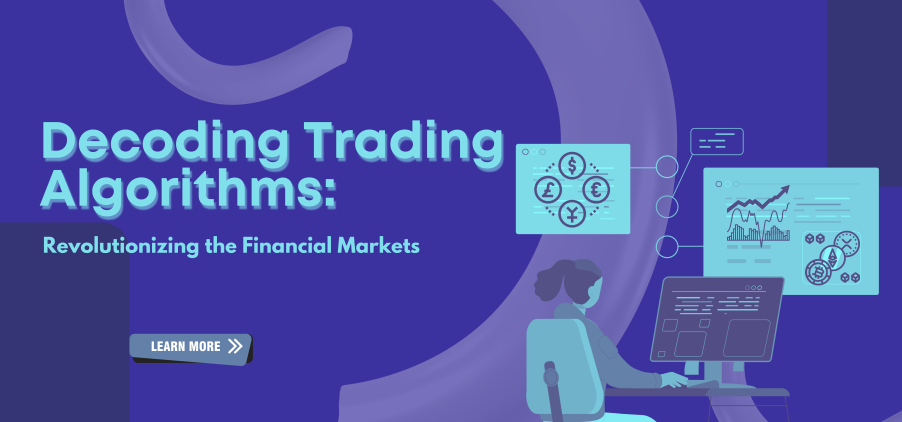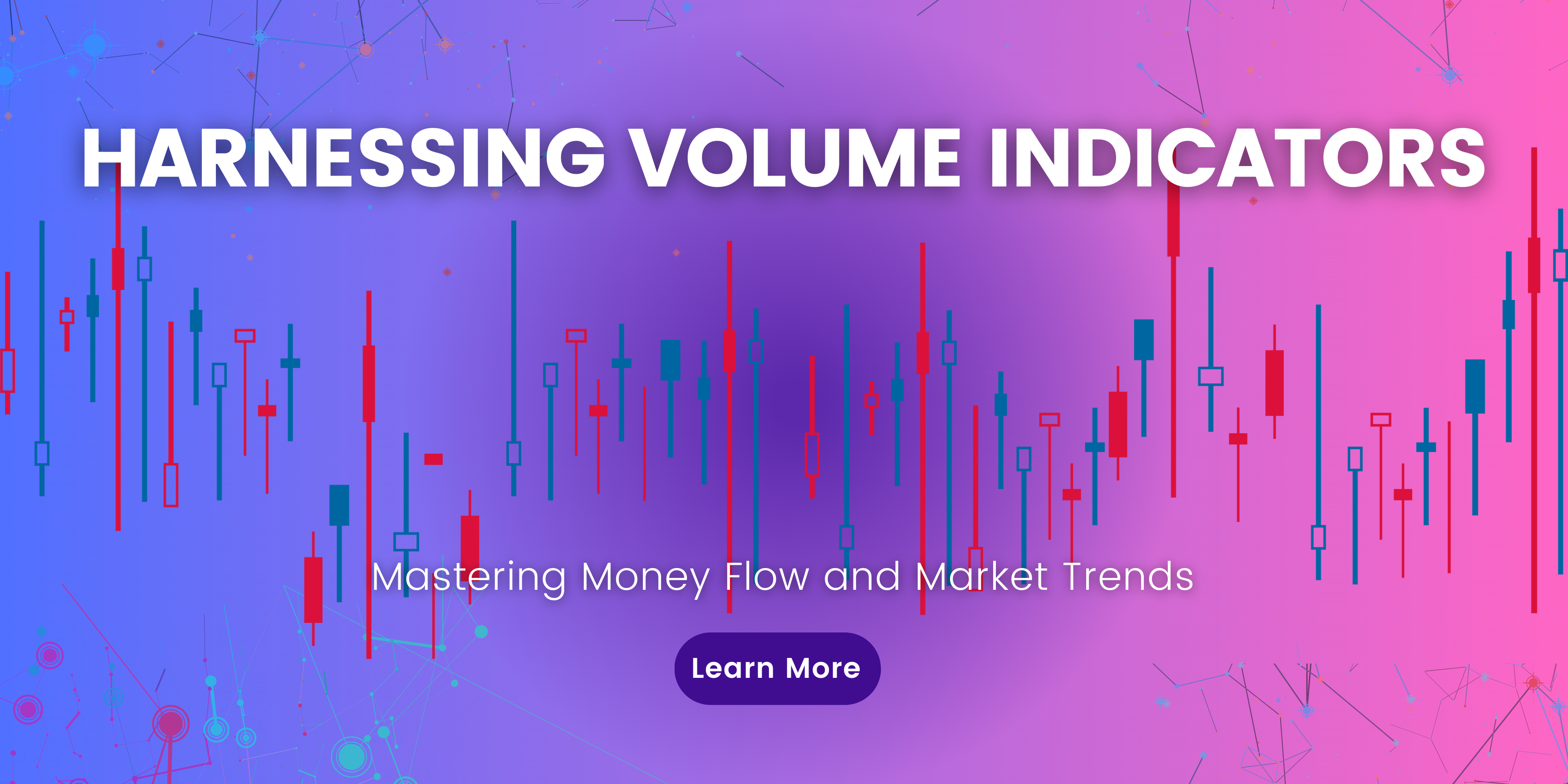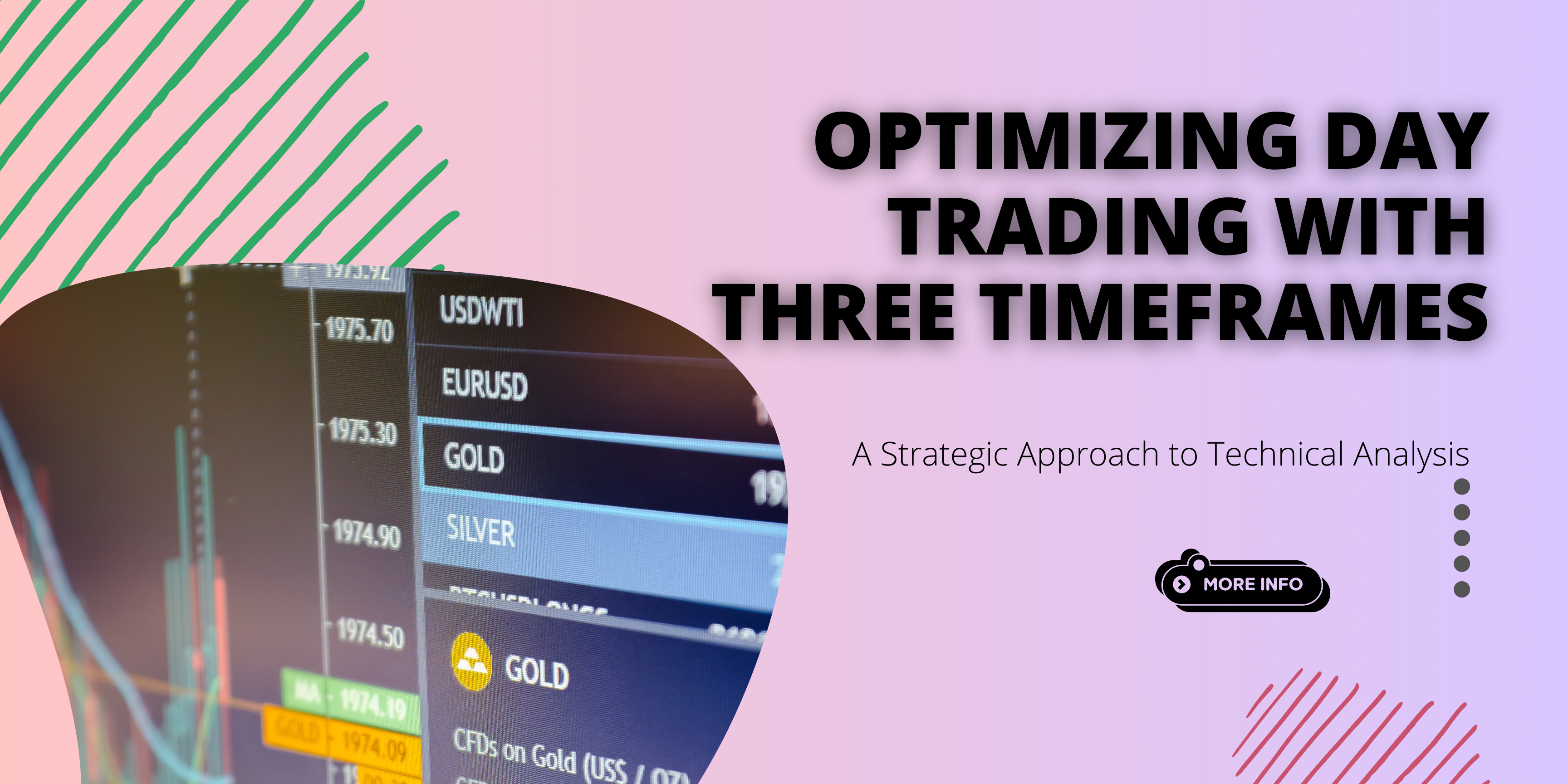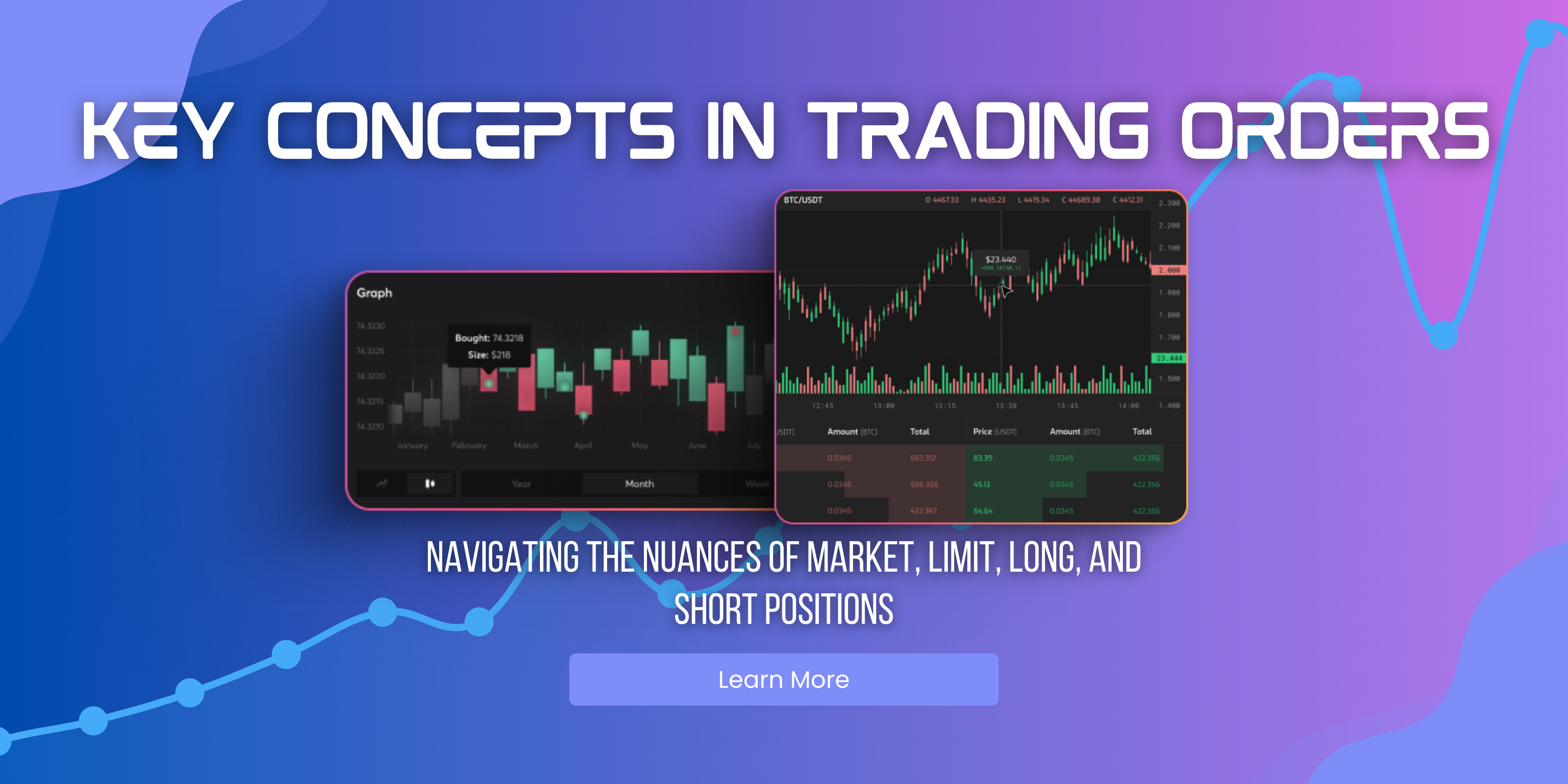Explore how trading algorithms have revolutionized the financial markets, offering precision, efficiency, and speed. Understand the types, benefits, and considerations of algorithmic trading.The advent of algorithmic trading has transformed the financial markets, introducing a level of precision, speed, and efficiency previously unattainable. In a domain where milliseconds can mean the difference between profit and loss, …
What Are Trading Algorithms: Revolutionizing the Financial Markets

Explore how trading algorithms have revolutionized the financial markets, offering precision, efficiency, and speed. Understand the types, benefits, and considerations of algorithmic trading.
The advent of algorithmic trading has transformed the financial markets, introducing a level of precision, speed, and efficiency previously unattainable. In a domain where milliseconds can mean the difference between profit and loss, trading algorithms have become indispensable tools for traders and institutions alike. This blog post aims to unravel the complexities of trading algorithms, shedding light on their operation, advantages, and the considerations they entail.
The Basics of Trading Algorithms
At its core, algorithmic trading involves using computer programs to execute trades at speeds and volumes that human traders cannot match. These algorithms are designed to identify trading opportunities based on predefined criteria, such as price movements, market conditions, and economic indicators. From high-frequency trading to arbitrage strategies, trading algorithms encompass a broad spectrum of techniques tailored to various market scenarios.
Types of Trading Algorithms
Trend-following Algorithms: These algorithms track market trends, buying assets in uptrends and selling in downtrends, leveraging moving averages and channel breakouts.
Arbitrage Algorithms: They exploit price discrepancies between different markets or derivatives, offering risk-free profit opportunities.
Market Making Algorithms: By continuously buying and selling securities, these algorithms provide liquidity to the market, narrowing the bid-ask spread.
Statistical Arbitrage: Utilizing mathematical models to identify short-term trading opportunities, these algorithms profit from price inefficiencies within or across markets.
Benefits of Algorithmic Trading
Increased Efficiency: Algorithms can process and analyze vast amounts of data in real-time, executing trades with unparalleled speed.
Reduced Costs: Automated trading minimizes the impact of human error and reduces transaction costs through more efficient order execution.
Enhanced Precision: Trading algorithms can execute complex strategies with exact timing and price, reducing the risk of slippage.
Disciplined Trading: Algorithms adhere strictly to their programmed strategies, eliminating emotional trading decisions.
Considerations and Risks
While algorithmic trading offers numerous benefits, it also introduces specific considerations. The complexity and speed of algorithms can sometimes lead to unexpected market behaviors, such as flash crashes. Additionally, reliance on algorithms necessitates rigorous backtesting and continuous monitoring to ensure their strategies remain effective under varying market conditions.
The Future of Algorithmic Trading
As technology advances, we can expect algorithmic trading to become even more sophisticated, incorporating artificial intelligence and machine learning to predict market movements with greater accuracy. The democratization of algorithmic trading tools also means that individual investors can increasingly access strategies that were once the preserve of institutional traders.
Conclusion
Trading algorithms have undeniably revolutionized the financial markets, offering tools that enhance trading efficiency, precision, and profitability. As we continue to witness technological advancements, the role of algorithms in trading is set to grow, shaping the future of the financial markets. Whether you’re an individual trader or part of a larger institution, understanding and leveraging trading algorithms can significantly impact your trading strategies and outcomes.
Stay informed and ahead of the curve as we delve deeper into the intricacies of the trading industry, from security measures to market analysis, ensuring you have the knowledge to navigate the dynamic world of finance.








